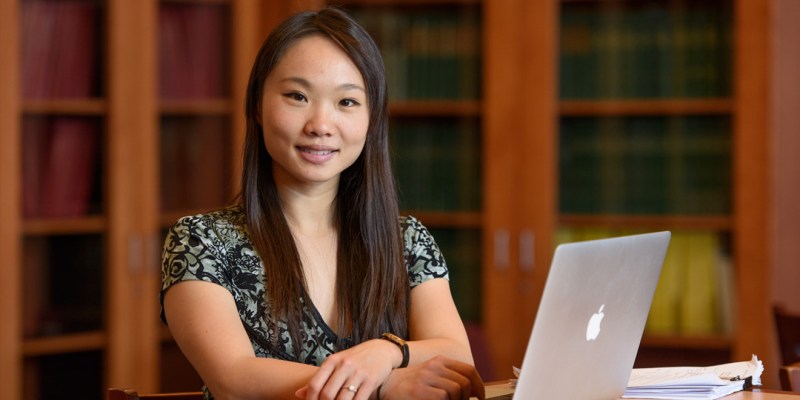
In a recent study published in Psychological Science, Stanford researchers concluded that the key to better exam performance is not to work harder, but to use preparatory materials more strategically.
The study’s lead author, Patricia Chen, a postdoctoral research fellow in psychology, became interested in test-taking preparation after conversations with students who were unhappy with their exam grades. Students were often perplexed by the differential they viewed between their perceived effort and actual performance.
Notably, Chen said, the students frequently reported studying hard but without specific strategies. To understand how this phenomenon affects performance, the research team – including psychology postdoctoral fellow Desmond Ong – asked students to reflect on specific strategies to improve their performance and investigated the direct causal effect of this self-reflection.
“It’s not merely about using a greater number of resources for studying. The important point here is using resources more effectively,” Ong told Stanford News.
Through online surveys administered to students in an introductory statistics class one week before an exam, the research team used a “Strategic Resource Intervention” to prompt “students to think deliberately about how to approach their learning effectively with the resources available to them,” according to the study.
Students receiving the intervention surveys were asked a series of self-reflective questions to probe their study strategies. Specifically, they had to explain what they thought would be on the exam and which resources they thought were most useful to help them study for the expected questions. They were also asked how they planned to use these resources to prepare and why they thought their plan would be effective.
Meanwhile, students in the control group received a standard exam reminder.
Across two studies, students receiving the intervention performed significantly better than those in the control group on the same exam; on average, their grades increased by one-third of a letter grade.
Students also reported higher levels of empowerment and control after the intervention, as well as more positive feelings about future exams in the class.
Although many schools attempt to shower students with more money and information to improve performance, the authors argue that too many resources can actually be a hindrance to intentional studying and strong performances.
“Providing students with all these resources hinges on the assumption that they know how to select and use their resources wisely,” the authors wrote.
The researchers advocated self-reflective strategies as a way to approach various life challenges, including losing weight, attacking problems at work and even parenting.
“Actively self-reflecting on the approaches that you are taking fosters a strategic stance that is really important in life,” Chen said. “Strategic thinking distinguishes between people of comparable ability and effort. This can make the difference between people who achieve and people who have the potential to achieve, but don’t.”
Contact Fiona Kelliher at fionak ‘at’ stanford.edu.
